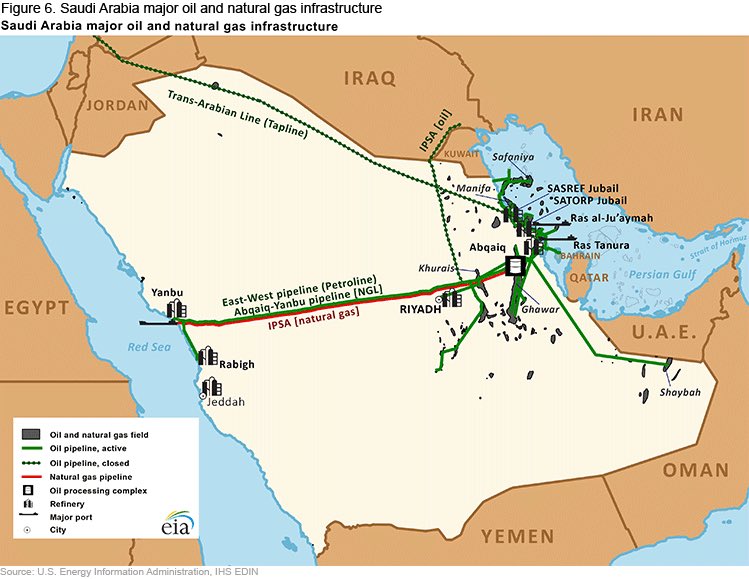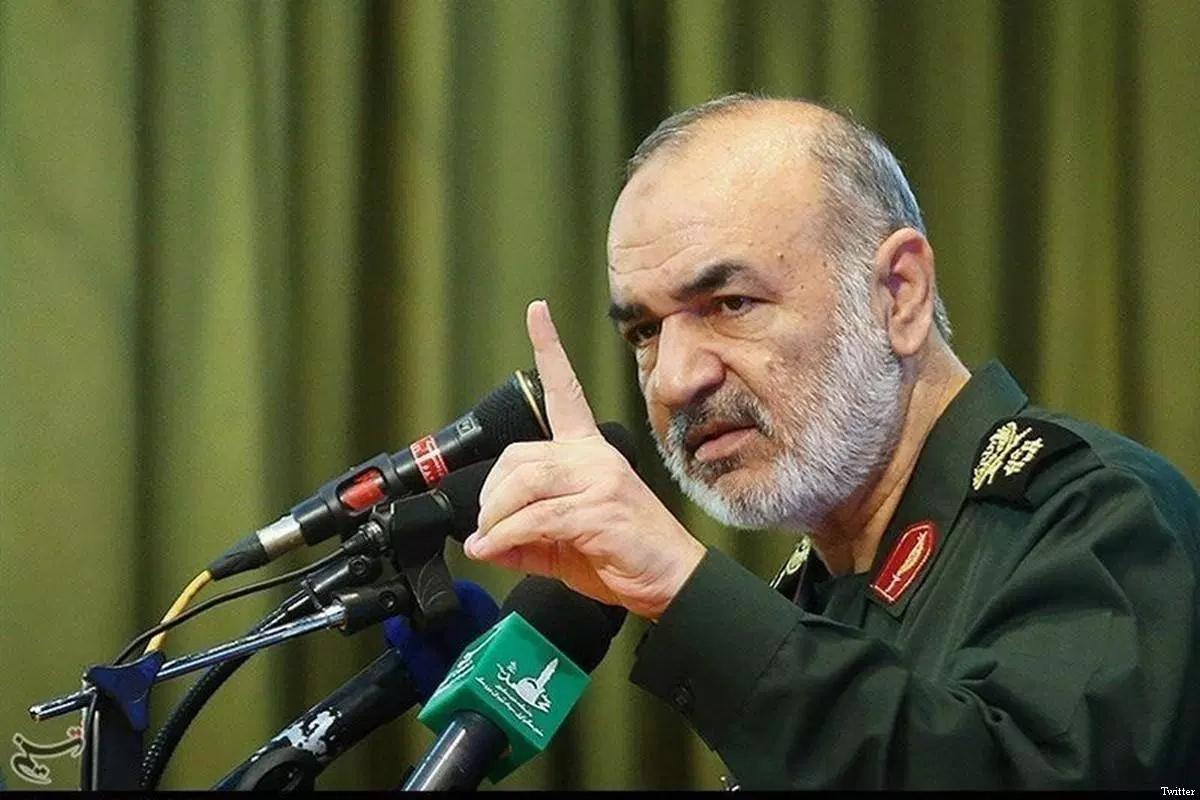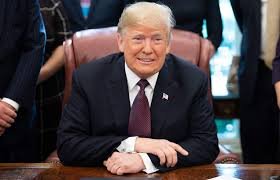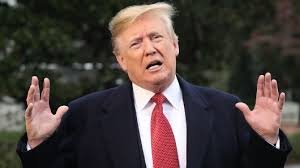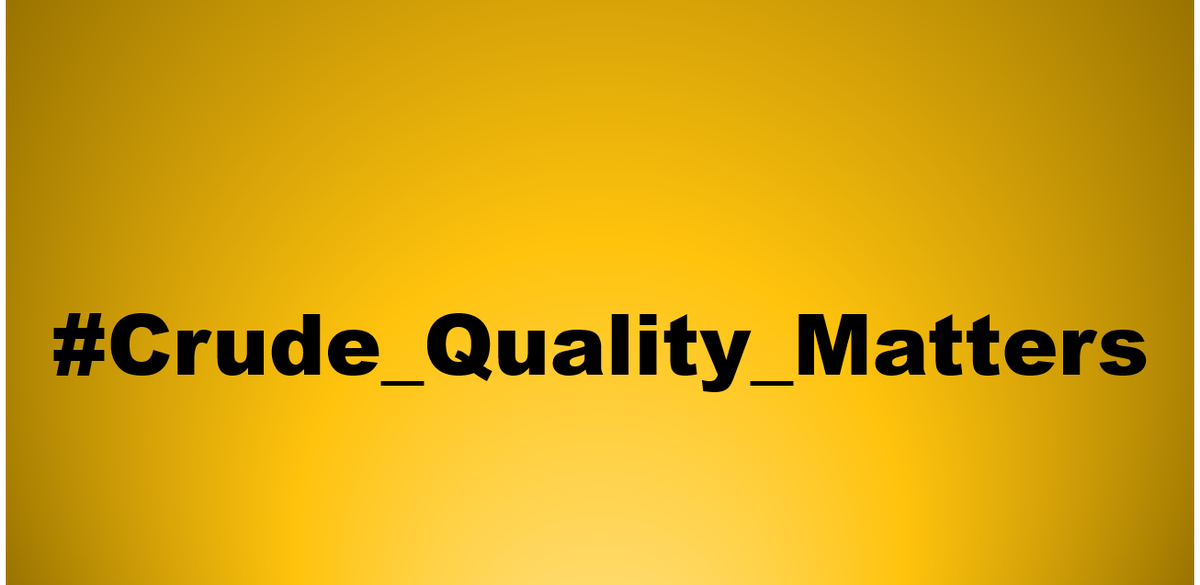Three stories:
Saudi oil plant attacked: Saudi Arabia’s oil production has been temporarily cut in half after an attack on Abqaiq – the world’s biggest crude processing plant. Details are still emerging about the relative roles of the Houthis & Iran.
Have a great week!
The Ambassador’s Brief Editors



